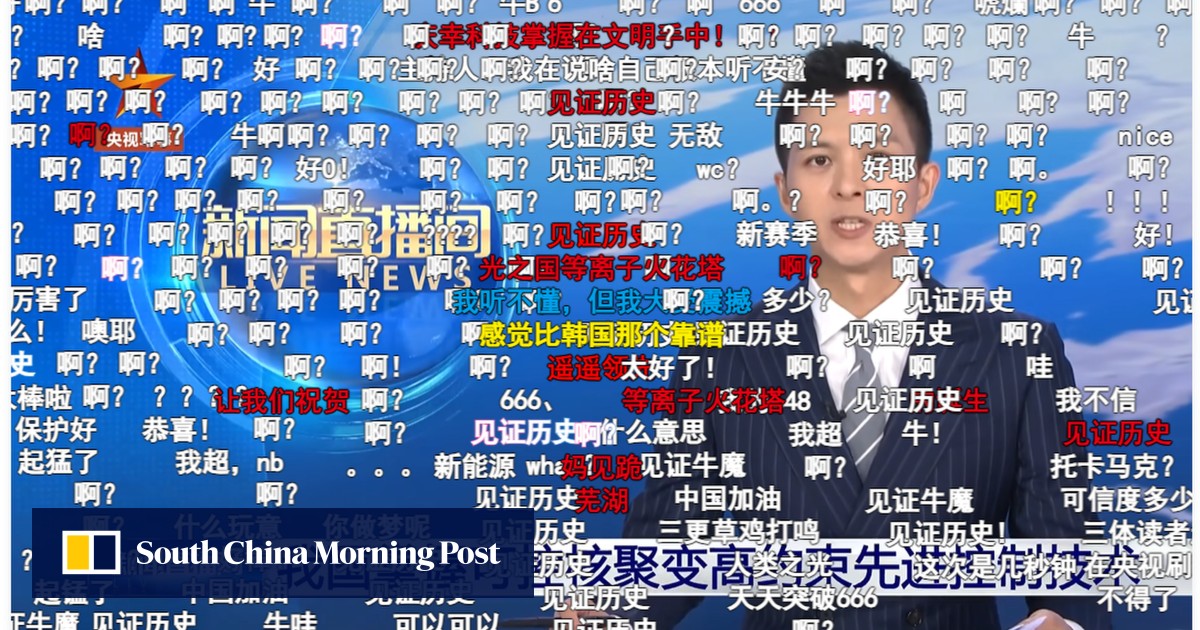The word, written simply as a in pinyin, was used as an interrogative clause 13.2 million times on the platform this year, flooding viewers’ screens in Bilibili’s famed “bullet comments”, which whisk by in horizontal streams atop videos as people watch.
Coupled with different punctuation, “ah” is often used in Chinese to express feelings of excitement, surprise or disbelief. When posed as a question, it translates roughly as, “Huh?”
Hot demand for local content at Bilibili event as China games shine globally
Hot demand for local content at Bilibili event as China games shine globally
Young users – the prime demographic for Bilibili – often use it in response to videos showing people with unique skills or major scientific and technological breakthroughs, the company said.
In March, when video game reviewer IGN published a gameplay trailer of The Legend of Zelda: Tears of the Kingdom – the latest title in the hit franchise from Kyoto-based console maker Nintendo – Chinese fans again flooded screens with “ah?” to express their surprised excitement.
Bilibili, which found early growth as an anime streaming site after its founding in 2009, has evolved into one of China’s largest video platforms by targeting Millennials and Gen Z users.
The platform saw daily active users grow 14 per cent in the third quarter to 102.8 million, according to its latest financial report. It has yet to turn a profit since going public on the Nasdaq in 2018, and this year has focused on cost-saving measures.
Its popularity with younger users has made Bilibili a trendsetter in internet vernacular. It started publicising the most popular bullet comments of the year in 2017.
The top comment last year was youya, meaning “elegant” or “graceful”, which is used as a compliment during impressive moments in videos.
In 2021, the word of the year was pofangle, which is used to express the feeling of being left emotionally vulnerable, similar to the term “I’m shook” in English.







